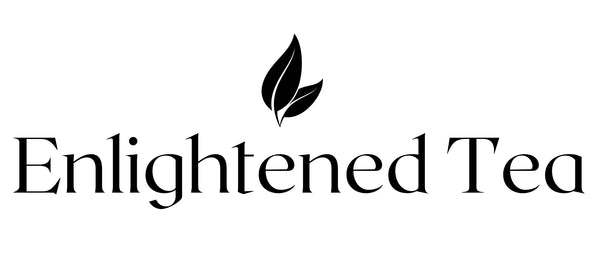Teas for sleep have been gaining popularity in recent years, and for good reason. Modern society and its stressors have placed an exponential demand on our lives.
Certain herbs and plants have natural calming and sedative properties that can help ease anxiety, reduce stress, and promote relaxation, making it easier for you to fall asleep and stay asleep.

What is the Best Tea for Sleep?
Consider trying a few of the following herbs on your journey to better sleep.
Chamomile
While personal preferences may vary, there are a few herbs that are particularly well-known for their sleep-inducing properties. One such herb is chamomile. Chamomile tea has been used for centuries as a natural remedy for insomnia, anxiety, and stress. It contains a compound called apigenin, which has been shown to have a calming effect on the nervous system and promote sleep.
Passionflower
Another herb that can help you sleep is passionflower. Passionflower tea is known for its ability to reduce anxiety and promote relaxation, making it an excellent choice for those who struggle with racing thoughts at bedtime. Additionally, passionflower has been shown to increase levels of GABA, a neurotransmitter that helps regulate mood and promote relaxation.
Lemon Balm
Lemon balm is another herb that can help you get a good night's sleep. This herb has natural sedative properties and is particularly effective at reducing symptoms of anxiety and restlessness. In fact, one study found that participants who drank lemon balm tea before bed experienced a significant improvement in sleep quality and felt more alert the next day. Blends like Cozy Chamomile are designed to fill many symptoms around sleep.

More Herbs To Consider
There are a variety of herbs that are great for sleep support. Other options that are worth exploring include valerian root, lavender, and hops, among others. Experiment with different blends and find what works best for you.
Remember, we are all different in how our bodies interact with specific tea blends. Experiment with different blends or the amount of a blend you use. If you use loose leaf, try doubling the serving size of herbs. If you use tea bags, use two instead of one per serving.
Precaution
When drinking herbal tea for anxiety or stress, it's important to remember that it's not a substitute for professional help. If you're struggling with mental health issues, it's important to seek help from a qualified healthcare provider. Herbal tea can be a supportive addition to your treatment plan, but it's not a replacement for professional care.
Options
When it comes to picking the right tea for the right moment, it is really up to your preferences. However, we recommend if you want a relaxing moment to unwind, stay clear of caffeinated teas. Our Bear Hug and Reishi Realms are perfect for an afternoon and evening.
For a great bedtime tea, or a tea for a moment of stress and anxiety, try our Cozy Chamomile. It’s formulated with powerful herbs to help with mental stress.
Citations
- Link - Chamomile and Sleep.
- Link - A double-blind, placebo-controlled investigation of the effects of Passiflora incarnata (passionflower) herbal tea on subjective sleep quality.
- Link - A randomized, double-blind, placebo-controlled trial investigating the effects of an Ocimum tenuiflorum (Holy Basil) extract (HolixerTM) on stress, mood, and sleep in adults experiencing stress.
- Link - Effects of Continuous Intake of Rosemary Extracts on Mental Health in Working Generation Healthy Japanese Men: Post-Hoc Testing of a Randomized Controlled Trial
- Link - Rose Tea: Is It Good for You?

